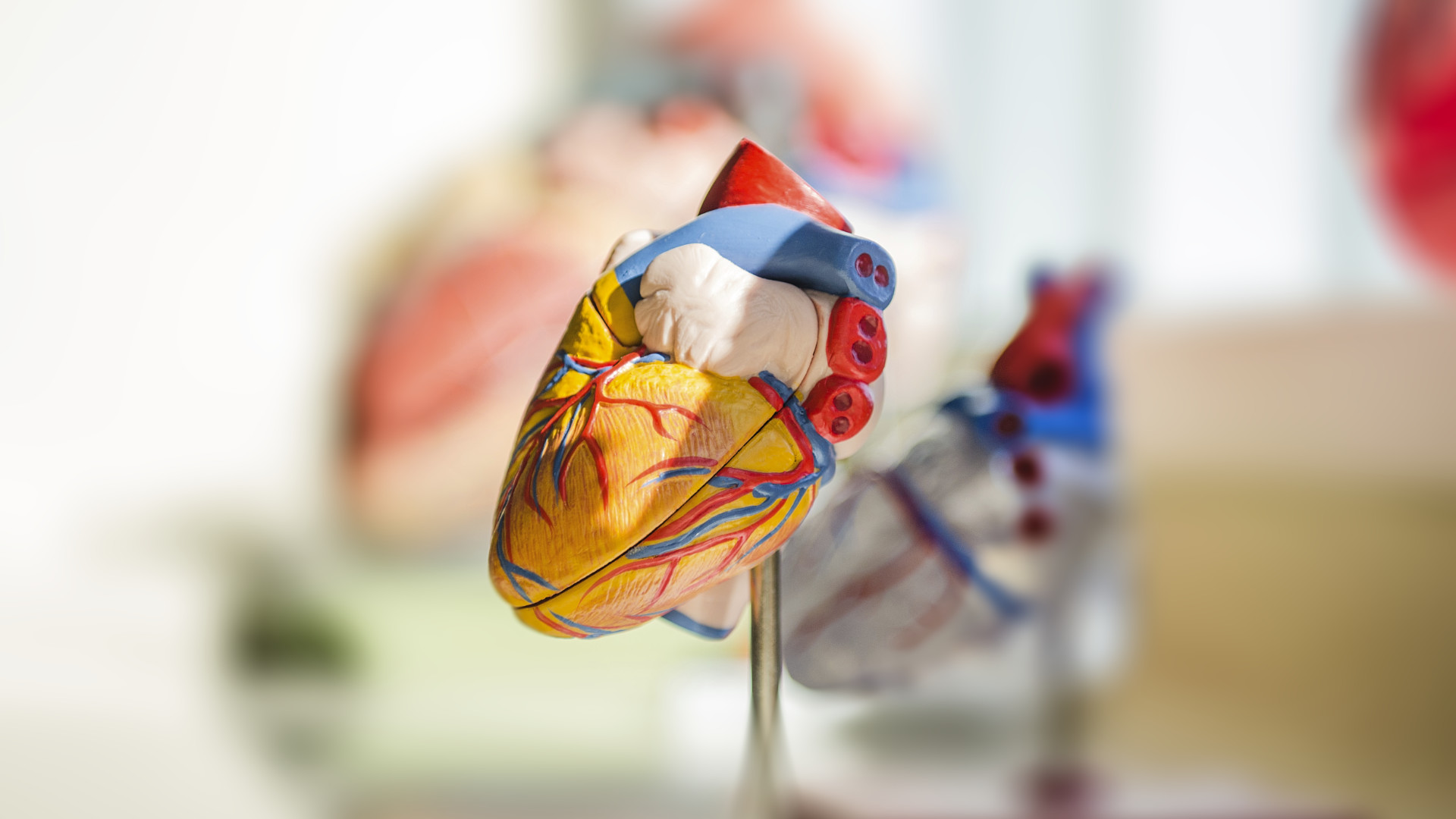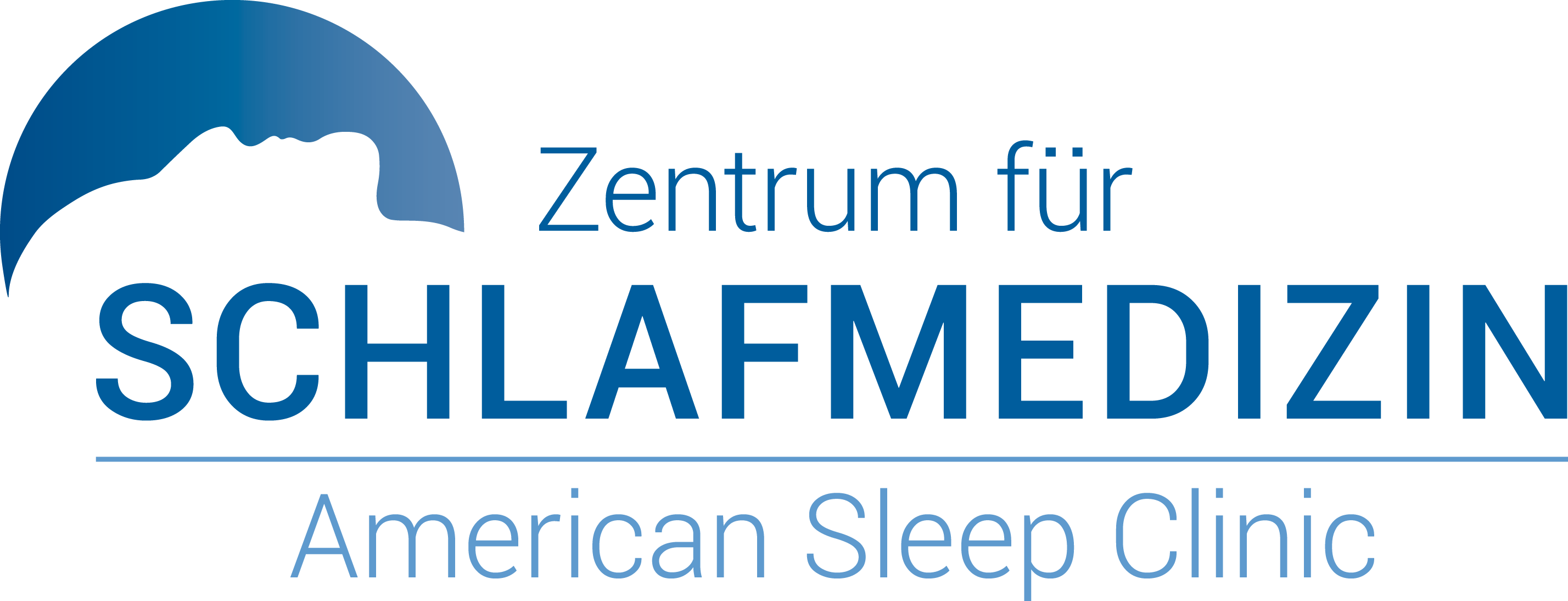The Connection Between Sleep Disorders and Heart Diseases

Explore the scientific links between sleep disorders and heart disease, as studies reveal how conditions like sleep apnea, insomnia, and restless leg syndrome can impact cardiovascular health. Discover the bidirectional relationship, treatment approaches, and lifestyle modifications for improved heart health and better sleep.
Heart diseases and sleep disorders share intricate connections, as studies have shown. Sleep disorders, such as sleep apnea, insomnia, and restless leg syndrome, can significantly impact cardiovascular health. Sleep apnea, characterized by intermittent pauses in breathing during sleep, has been associated with an increased risk of hypertension, arrhythmias, and coronary artery disease. The recurrent oxygen deprivation and subsequent surges in blood pressure can strain the heart, leading to adverse cardiovascular events.
Insomnia, a common sleep disorder marked by difficulty falling or staying asleep, has also been linked to heart disease. Chronic insomnia is associated with higher levels of inflammation, increased sympathetic activity, and elevated blood pressure, all of which contribute to the development of cardiovascular problems. Moreover, individuals with insomnia may be more prone to unhealthy lifestyle behaviors like poor diet, physical inactivity, and smoking, which further increase the risk of heart disease.
Restless leg syndrome (RLS), characterized by an irresistible urge to move the legs, particularly at night, has also been implicated in cardiovascular disorders. Studies have shown that RLS is associated with a higher prevalence of hypertension, peripheral artery disease, and stroke. The exact mechanisms underlying this relationship are still being investigated, but it is believed that disrupted sleep patterns and sympathetic hyperactivity play a role.
Furthermore, the bidirectional relationship between sleep disorders and heart diseases must be acknowledged. Heart diseases, such as heart failure and arrhythmias, can disrupt sleep architecture and quality. The symptoms of heart failure, such as nocturnal dyspnea and orthopnea, can lead to sleep disturbances. Similarly, arrhythmias like atrial fibrillation can cause nocturnal awakenings and fragmented sleep patterns.
To address these interconnected issues, a comprehensive approach is necessary. Identifying and treating sleep disorders in patients with heart diseases can improve cardiovascular outcomes. Continuous positive airway pressure (CPAP) therapy is the primary treatment for sleep apnea and has shown benefits in reducing blood pressure and improving heart function. Additionally, adopting healthy sleep hygiene practices, managing stress, and promoting overall cardiovascular health through regular exercise and a balanced diet can help mitigate the risks associated with both sleep disorders and heart diseases.
In conclusion, understanding the intricate relationship between sleep disorders and heart diseases is crucial for effective prevention and management strategies. Recognizing the impact of sleep disorders on cardiovascular health and implementing appropriate interventions can significantly reduce the burden of heart diseases and improve overall well-being. Further research is needed to unravel the underlying mechanisms and develop targeted therapies for these interconnected conditions.

